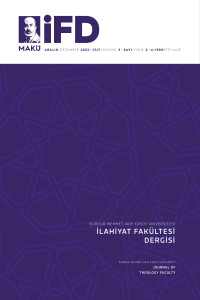Araştırma Makaleleri
Kitap Değerlendirmesi
Issue Editorial Board
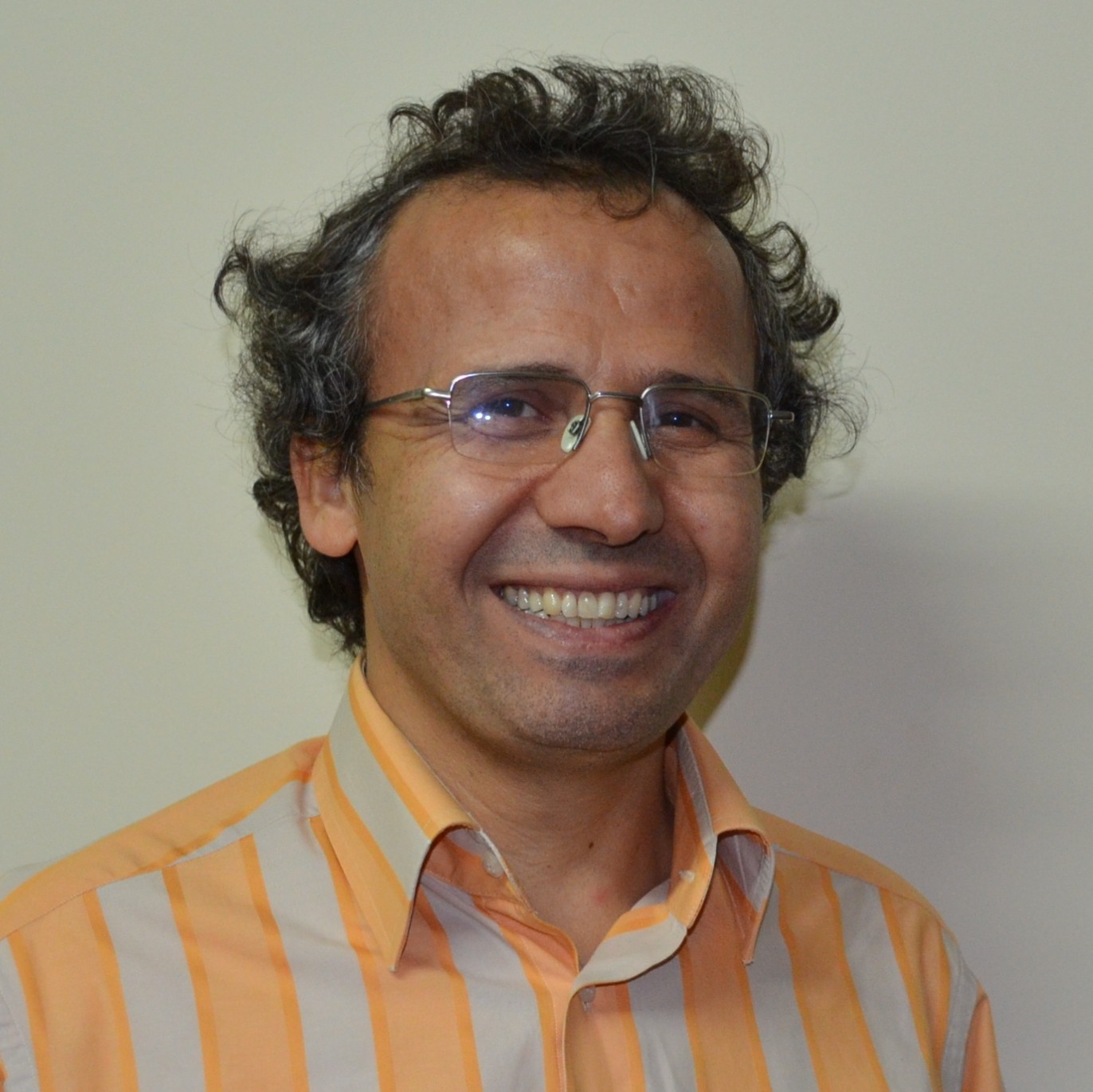
Holds a PhD from St Mary’s College, St Andrew’s University, UK. He participated in several international and national projects by contributing articles on Rumi, Islam and din (religion) and papers on the Islamic perceptions of other religions, religious language, religion and science, religion and aesthetics. His most recent publications include God Between Reason and Experience (2019), Philosophy of Religion (ed.) (in Turkish, 2019), Religious Pluralism and Islam (2014), Ernst Troeltsch’s Philosophy of Religion (in Turkish, 2012), Mawlawiya as Co-existential Experience (2009), and Rethinking Religious Freedom (2007). His main research interests are religious pluralism, religious language, religious experience, religion and aesthetics, Rumi studies, literature and philosophy, cinema and theology and philosophy through poetry. Since 2012, he has been working as Associate Professor of the Philosophy of Religion at the Theology Faculty of Akdeniz University, Antalya.

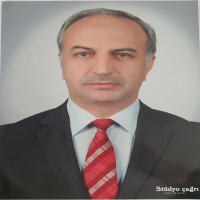
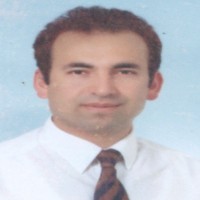
Assoc. Prof. Dr. Mehmet Şahin, who is originally from Adana, was born in 1975. He attended primary school in İmamoğlu. He graduated from Kozan Imam Hatip High School in 1994. He completed his undergraduate education at Ankara University Faculty of Theology, his master's degree at the same university with his thesis titled "Mustafa Fevzi b. Numan Life, Works and Poems Related to Religious Literature" in 2006, and his doctorate at Ankara Yıldırım Beyazıt University in 2016 with his thesis titled "Prose Yûsuf u Züleyha Stories in Old Turkish Literature and Muhammed b. İbrahim's Yûsuf u Züleyhâ'sı".
He worked as a manager at Ankara Sincan District Governorate Social Assistance and Solidarity Foundation between 2004-2005. He worked as an archive staff at the Library and Archive Services Directorate of the Grand National Assembly of Turkey between 2006-2016. During these years, within the scope of the Independence Courts Project, he worked in the project of inventorying, classifying, transferring to electronic media, indexing and transferring from Ottoman Turkish to today's alphabet. Within the scope of this project, his books titled İstiklal Courts, Istanbul İstiklal Court, Elcezire İstiklal Court, Isparta İstiklal Court, Eskişehir İstiklal Court, Şark İstiklal Court (5 volumes), Second Term Ankara İstiklal Court (3 volumes) were published. His book titled TBMM Albümü 1920-2010 (4 volumes), which he prepared with the committee during his service in the TBMM, was published by TBMM Press and Public Relations Directorate Publications in 2010. In 2015, he wrote the book Anthology of Turkish Poets of the Century (Transfer to Ottoman Turkish) with Emrah Gökçe.
Şahin started to work as a lecturer in the Department of Turkish-Islamic Literature at Akdeniz University Faculty of Theology in 2016 and is still working as the head of the Department of Islamic History and Arts. He coordinates the ongoing International Multidisciplinary Congresses of the Journal of Turkish Academic Research. He is also the founder and editor of the internationally indexed journals Turkish Academic Research Review and Tanım Tenkit ve Teori.
Şahin has publications such as Ankaralı Râzî and Divanı, Esâsî Divanı, Basîrî Divanı, Küçük Kara Balık (Translation into Ottoman Turkish with Moosa Rahimi), Language of Documents (Moosa Rahimi).
Şahin, who has also served as a commission member in various public institutions on issues related to his field of expertise, is married and has 3 children. He speaks English, Arabic, Persian and Ottoman Turkish.
CONTACT US
email
mehmetsahin@akdeniz.edu.tr
Other email
drmentesli@gmail.com
Cell Phone
+90 533 056 9174
Work Phone
+90 0242 310 6888 Extension: 3401
Office
Akdeniz University, Faculty of Theology
Mail Address
Akdeniz University Faculty of Theology Dumlupınar Bulvarı, 07058 Konyaaltı, Antalya-Turkey
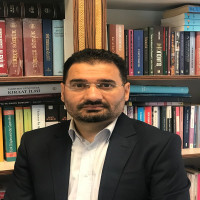
2002 yılında Atatürk Üniversitesi İlahiyat Fakültesinden mezun olmuştur. Yüksek lisansını Atatürk Üniversitesi Sosyal Bilimler Enstitüsü Felsefe ve Din Bilimleri Anabilim Dalında “Reality Show ve Kadın Programlarının Türk Aile Yapısına Etkisi (Erzurum Örneği)” konulu teziyle 2006 yılında tamamlamıştır. Aynı enstitüde yaptığı, “Din ve Sosyal Bütünleşme: Farklılık ve Birlikte Yaşama (Göksun Örneği)” adlı çalışmayla 2012 yılında doktor olmuştur. 2003-2013 tarihleri arasında Diyanet İşleri Başkanlığı taşra teşkilatında çalışmıştır. 2013 yılından beri Akdeniz Üniversitesi İlahiyat Fakültesi, Felsefe ve Din Bilimleri Bölümü, Din Sosyolojisi Anabilim Dalında öğretim üyeliği görevini sürdürmektedir.

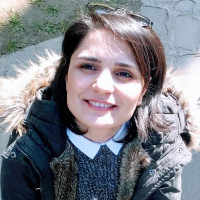
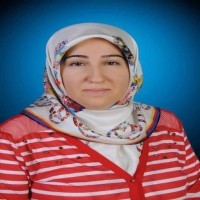


Doç. Dr. Öğretim Üyesi Mehmet Mahfuz Ata Burdur Mehmet Akif Ersoy Üniversitesi İlahiyat Fakültesi
Teme İslam Bilimleri Tefsir Ana Bilim Dalı

1988 de Jawzjan/Afganistan’da doğdu. İlk, orta ve lise eğitimini Akça/Jawzjan’da tamamladı. 2001 Yılında Hafızlık eğitimini
bitirdi. 2005 yılında Türkiye Diyanet Vakfı’nın bursluluk sınavını kazanarak Selçuk Üniversitesi İlahiyat fakültesine başladı. 1
yıl Türkçe eğitimi olmak üzere lisans tahsilini 2010 yılında tamamladı. 2012 yılında Necmettin Erbakan Üniversitesi Sosyal
Bilimler Enstitüsü Temel İslam Bilimleri Anabilim Dalı İslam Hukuku Bilim Dalında yüksek lisans, 2016 yılında bahsi geçen
Enstitü ve bölümde doktora öğrenimini tamamladı. Farsça, Türkiye Türkçesi, Özbekçe, Arapça bilmektedir. 2016 yılında
Prof. Dr. Saffet KÖSE ile beraber Necmettin Erbakan Üniversitesi Bilimsel Araştırma Projeleri Koordinatörlüğü tarafından
desteklenen 151417002 numaralı projeyi de tamamlamıştır. 2018 Yılında Jawzjan Üniversitesi Sosyal Bilimler Fakültesi İslam Kültürü bölümünde Öğretim üyesi
olarak işe başladım. 2019 yılından 27/11/2023'e kadar aynı Üniversitenin Sosyal Bilimler Fakültesinde dekan olarak tayin
edildim. 27/11/2023 tarihinden günümüze kadar aynı Üniversitenin Araştırmalar ve İlmi Dergiden Sorumlu rektör yardımcısı olarak atandım. Ayrıca Üniversitemizde çıkarılan ilk uluslararası hakemli Diwan adlı derginin editörlüğünü de yapmaktayım.
Saygılarımla İletişim Bilgileri: email: m.akramhakim88@gmail.com GSM: 0539 912 15 52/+93787236428 Referanslar: 1-
Prof. Dr. Saffet KÖSE (05326755731), İzmir Katip Çelebi Üniversitesi Rektörü. 2- Dr. Abdukcelil ALPKIRAY (+93707390312),
Diyanet İşleri Başkanlığı
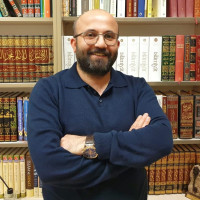
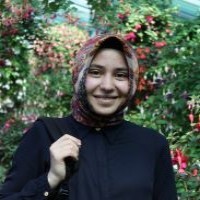
Aim & Scope
Burdur Mehmet Akif Ersoy Üniversitesi İlahiyat Fakültesi Dergisi-Burdur Mehmet Akif Ersoy University Journal of Faculty of Theology is a peer-reviewed Journal published twice a year as July and December. It aims to publish scientific research such as papers, book reviews and symposium reviews on religious studies and to share these studies with public. Makü İFD provides articles written by qualified specialists in the area of Islamic Studies (Scope: Arts and Humanities/Religion/Islamic Studies & Scope: Social and Behavioral Sciences/ Theology and Ethics). It continues to publish compelling original research articles that contribute to the development of scholarly understanding and interpretation in the history and philosophy of religious thought in all traditions and periods - including the areas of Islamic Studies.
Burdur Mehmet Akif Ersoy University Journal of Faculty of Theology publishes in "Religious Studies and Islamic Studies" (research articles, reviews, translations and memorials). The journal seeks authentic and quality works about religion and Islam in relation to the fields of humanities and social science such as ethics, anthropology, history, law, linguistics, philosophy, psychology, sociology, literature, and art.
Author Guidelines
Burdur Mehmet Akif Ersoy University Journal of Faculty of Theology Writing Rules [ISSN: 2757-6418]
The studies sent to our journal should not have been previously published and should not be in the publication process in another journal.
1. Main title: It should be a title that is compatible with the content of the article and best expresses the content, capitalised each letter, Times New Roman (12 font size), written in bold. The title of the article should not exceed 10-12 words.
2. Author name and institution: Author name and institution information should not be written as the study submitted will be directed to the referees. Name and surname, institution information (TR & ENG), e-mail and ORCID ID should be written as specified in the template before the article is approved for publication.
3. Abstract: Articles contain an English title, an abstract (at least 250 words), keywords (at least 5 concepts), a summary (at least 750 words), and a bibliography prepared with APA Style. In the abstract, the sources used, figures and chart numbers should not be included.
4. Keywords: There should be 5-7 keywords under the abstract. The initials of each letter of the keywords should be capitalised and the comma should be used between them.
5. Main text: The texts, pictures, figures, maps, etc. should not exceed 35 journal pages (15,000 words), including its annexes. The articles submitted should be written in A4 size white paper (giving 4 cm space before, after and right; 5 cm in left) by using a "Times New Roman" font with a "minimum, 12nk" line spacing, justified without a hyphen. Besides, the tables, figures, pictures, graphics etc. should not exceed the dimensions of the journal and should not exceed 12x17 cm for easier use. Therefore, in tables, figures, pictures, graphics, etc. smaller fonts and single spacing can be used. “İSNAD” system will be used in footnote and bibliography.
6. Subtitles: Main, intermediate and subtitles can be used in the article provided that they are in harmony with the content. Each letter of these titles should be capitalised.
7. Tables and Figures: Tables should have numbers and titles. Tables, figures, pictures, graphics etc. should not exceed the dimensions of the journal and should not exceed 12x17 cm for easier use. Therefore, tables, figures, pictures, graphics, etc. smaller fonts and single spacing can be used for features.
8. Visuals: They should be added as appendix in the format of high resolution and print quality scanned. The rules in the figures and charts should be followed in picture naming.
Figures, charts and pictures should not exceed 10 pages (one-third of the text). Authors with technical possibilities may place figures, charts and pictures in their places in the text, provided that they can be printed exactly.
9. Citations and Quotations: Direct citations should be quoted. Citations less than 3 lines between lines; Citations longer than 3 lines should be written as 1,5 cm inside and to the left of the line, in blocks and with a line spacing of 1,5, in 9 font. The use of footnotes should be avoided as much as possible, an explanation should only be used and automatic numbering should be used (Office Word).
10. The articles submitted for publication pass the stages of PRE- REVIEW, PLAGIARISM CHECK, REFEREE EVALUATION and TURKISH-ENGLISH LANGUAGE CONTROL. The study, which has been examined three times during the pre-review phase, but cannot go through this process, is returned to the author and not re-processed in the same publication period. Studies that pass the pre-review phase pass to the evaluation process in which at least two referees take part in the framework of the principle of double-blind review.
11. In the use of punctuation marks, the words and abbreviations, the latest Turkish Language Association (TDK) Spelling Guide should be taken as basis in the article, a clear and simple expression should be followed, and unnecessary information that goes beyond the scope and purpose should not be included.
12. The scientific methods in the preparation of the article should be followed; the information about the subject of the study, its purpose, scope, the rationale for preparation etc. should be provided in sufficiently and in a certain peder.
For detailed information on Citations and Resources, see: https://www.isnadsistemi.org/download/isnad-2-yazim-kilavuzu/
Tahkikli Neşir Esasları için bakınız:
http://www.isam.org.tr/documents/_dosyalar/_pdfler/ISAM_Tahkikli_Nesir_Esaslari.pdf
Ethical Principles and Publication Policy
A. UBLICATION ETHICS AND PUBLICATION MALPRACTICE STATEMENT
Price Policy
No fee is charged for the articles published in our journal.







